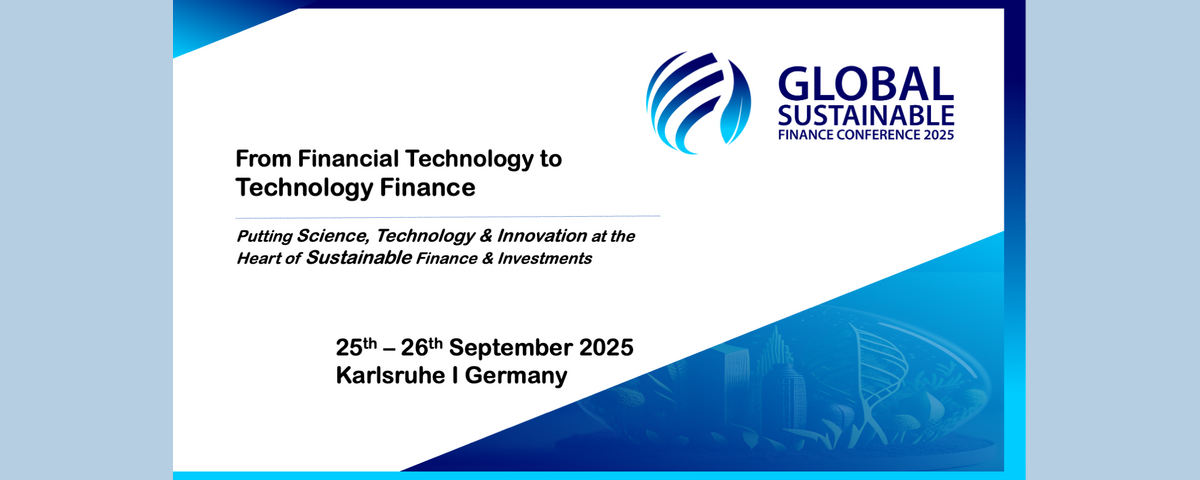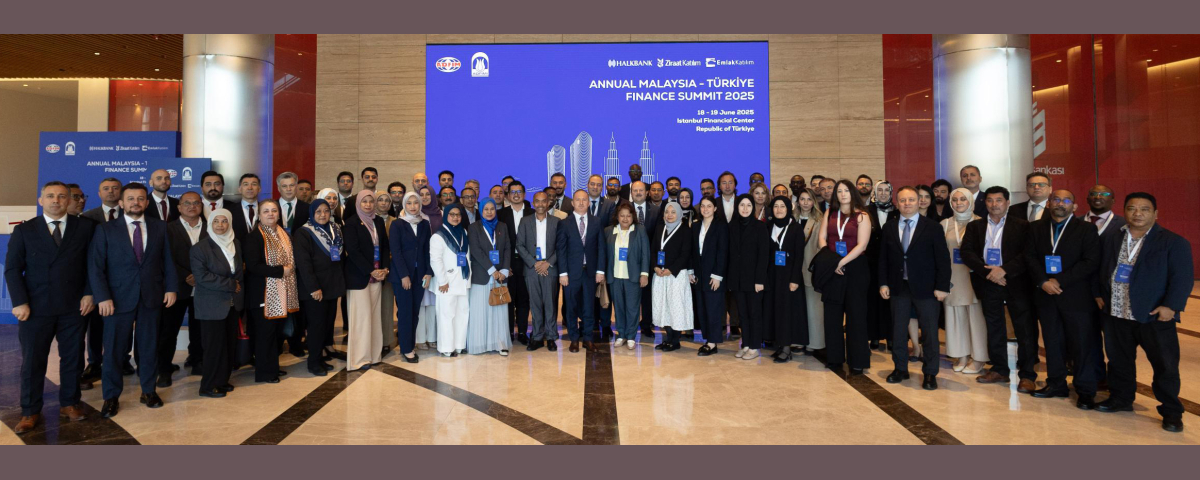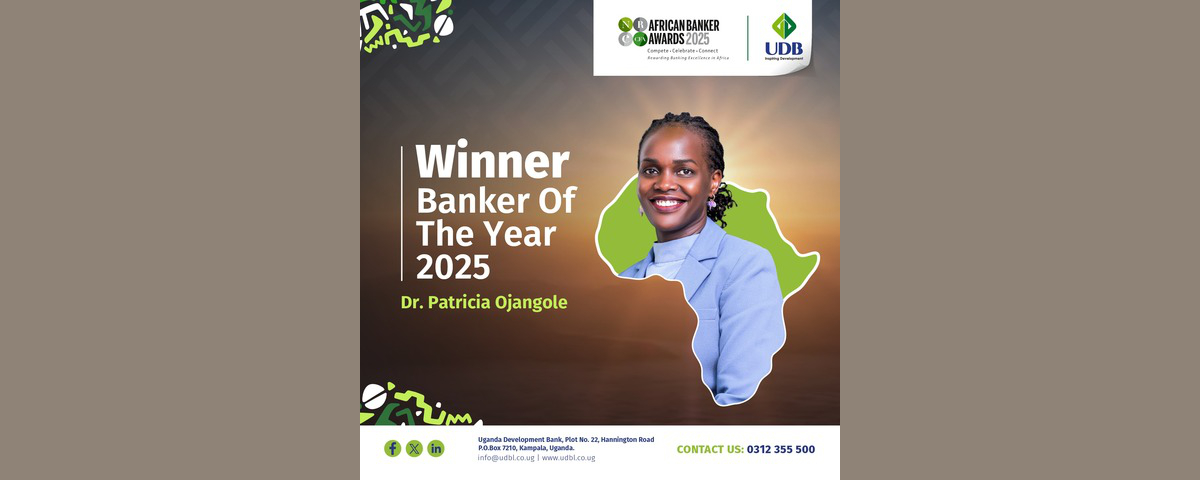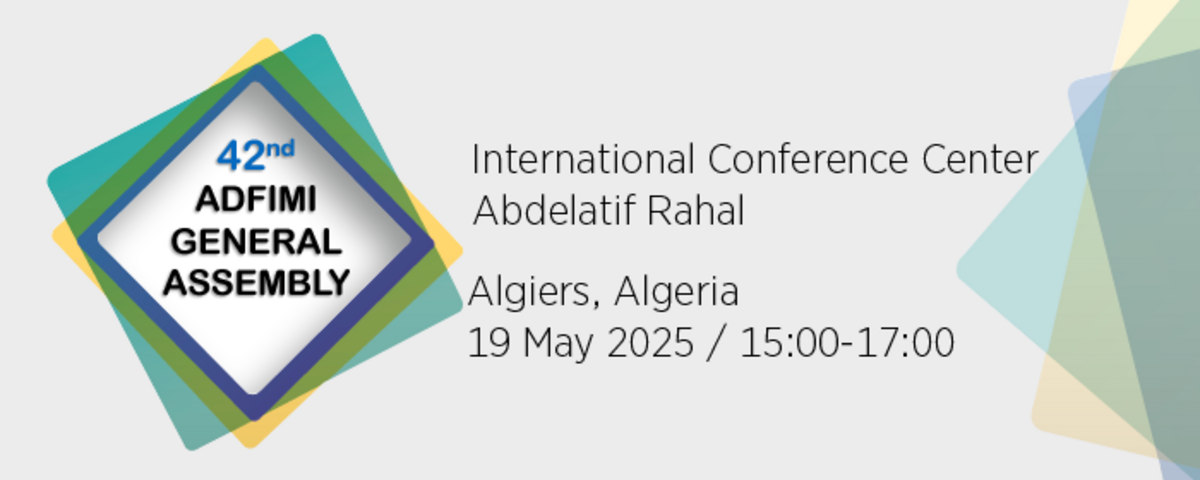Conference on the Role of Financial Institutions in Sustainable Development
Conference on the Role of Financial Institutions in Sustainable Development
Istanbul, Türkiye – On 25th and 26th of June 2024, the Associations of Development Financing Institutions in Member Countries of the Islamic Development Bank (ADFIMI) hosted the conference on “The Role of Financial Institutions in Sustainable Development”.
The Role of Financial Institutions in Sustainable Development Conference was held at Ziraat Towers in Istanbul Financial Center on 25-26 June, hosted by (ADFIMI),
The conference moderated by ADFIMI Secretary General Mr İlhami Öztürk was attended by the CEOs of 20 different banks and financial institutions from 20 different countries, as well as academicians and industry representatives.
ADFIMI Chairman Mr. Metin Özdemir stated that “This model goes beyond environmental responsibility; It includes social justice, economic resilience. This is much more than just the numbers on a bank's balance sheet. Combating climate change and green transformation of the economy are also critical parts of this development process. We, as representatives of the financial sector, have a great responsibility to increase the welfare of our societies, protect our environment and leave a more livable world to future generations. As Ziraat Katılım, we are aware of this responsibility and put sustainable development at the center of our business. "As a public institution and a bank that works in accordance with the principles of participation banking, we are proud to contribute to the sustainability ecosystem and Turkey's achievements in this field with the importance we attach to ethical values," he said.
The conference in Istanbul aimed to position the financial institutions represented at this two-day event as leaders in restarting sustainable development.
At the opening session of the conference, Mr. Rab, Chairman International Council of Sustainability Standards for Value-Driven Financial Institutions and CEO, European Organization for Sustainable Development (EOSD) shared a vision of an economy that is high income, high value added, socially inclusive as well as environmentally and climate friendly. He emphasized the role of financial sector in creating such an economy and highlighted the importance of Sustainability Standards and Certification Initiative (SSCI) for Value-Driven Financial Institutions that provides a holistic framework towards this end.
“SSCI brings together all the key players, the central banks, the financial regulators, the financial service providers and last but not least the businesses that are funded by the financial intermediaries under one single framework to create a sustainable economy and a better world” said Mr. Rab.
The conference delegates came together to examine the Sustainability Standards of the SSCI, which is the world’s most comprehensive sustainability framework. It is the only initiative globally that makes sustainability the core business of financial institutions by enabling strong corporate profitability through delivering social, economic and environmental impact.
SSCI positions selected financial institutions as the leaders in rebooting sustainable development and through the power of financial sector, it enables countries to fast-trakc the creation of a high-income economy and a sustainable future.
The two-day conference also addressed the limitations of ESG (Environmental, Social, Governance), which has become a buzzword in the corporate world, but has so far failed to make the needed impact.
In this regard, Mr. Rab said that “organizations adopting ESG focus on reporting, rather than making sustainability their core business. They typically green few selected products, projects, processes or initiatives while ignoring the entire ecological footprint of their organization, especially the ecological footprint of the businesses they fund. These financial institutions generally green a very small portion of their lending, advances and investment portfolio, whereas all the rest of the funds are deployed exactly in the opposite direction. This doesn’t lead towards creating a green economy. In fact, it exposes financial institutions to the growing reputational and legal risks.”
Speaking at the occasion, Dr. İlker Koç, Head of Department, Banking Regulation and Supervising Agency, presented his agency’s role in promoting sustainability in the Turkish financial sector. He emphasized the importance of adopting social and environmental aspects into the business of banking and the need to act against greenwashing.
The Ministry of Environment, Urbanization and Climate Change of the Republic of Türkiye was represented by Mrs. İrde Gürtepe, Head of Air Management Department. She delivered a detailed presentation of her Ministry on how it is addressing the challenge of envirnomental degradation and climate change.
Mr. Phillip. T. Madamombe, Director Supervision of the Reserve Bank of Zimbabwe, the country’s central bank, announced that his institution has recently embarked on a true sustainability journey by adopting the Sustainability Standards and Certification Initiative as the national framework for the financial sector. He shared the experience of complying with the world’s most stringent Sustainability Standards and offered cooperation through experience sharing.
Mrs. Seher Elif Ekici, Executive Vice President of Ziraat Participation Bank and Mrs. Esma Karabulut, Investment Banking and Investor Relations from Emlak Participation Bank also shared their experiences and demonstrated how their respective institutions are addressing the environmental concerns.
Talking to the global audience, Mr. Romani de Silva, Deputy Chairman and CEO, Alliance Finance, Sri Lanka highlighted the benefit of adopting Sustainability Standards, which have played a major role in making his institution crisis ready and crisis resilient and successfully navigate through difficult economic times. He also compared SSCI with the ESG frameworks and reporting tools that deliver little business value to banking and finance and enhance the risks of greenwashing. Mr. Romani de Silva said that since the Sustainability Standards are holistic in approach, they help his institution to deliver social, economic and environmental sustainability on a profitable basis, which is a big achievment of the SSCI.
Representing Uganda, ADFIMI Management Committee Member Mrs. Patricia Ojangole, Managing Director of the state-owned Uganda Development Bank, shared her experience of adopting the holistic Sustainability Standards to fulfill the bank’s mandate. She shared the performance of her balance sheets that showed significant increase in the bank’s asset size and profitability as a result of complying with the holistic Standards. Her presentation demonstrated that sustainability and profitability are not contradictory, provided sustainability is adopted in letter and spirit, which is the reason why her institution embraced the holistic Sustainability Standards.
The conference in Istanbul aimed to position the financial institutions represented at this two-day event as leaders in restarting sustainable development.
Unlimited initiatives and actions have been taken to realize the sustainable development agenda around the world, and new programs continue to be launched. However, the agenda is still far from being realized due to major gaps and challenges hindering its implementation. It is slowing further due to multiple global crises, including global supply chain disruptions and the threat of trade protectionism.
The uniqueness of this event is that it focuses on a new, holistic approach that enables countries to create a high-income and sustainable future. By making the financial sector a driver of sustainable development, this approach will benefit all nations as it challenges the business-as-usual mindset, modernizes the mobilization and distribution of funds to transform economies, and leverages emerging technologies to leapfrog to a high-income, socially inclusive and green economy. necessary to achieve well-being.
Conference Delegates had the opportunity to explore the challenges of macroeconomic and financial stability, inclusive growth and economic competitiveness.
Conference Delegates have explored new solutions to build a robust and resilient financial sector that responds to today's challenges, helps address macroeconomic challenges and enables the transition to an inclusive, competitive and green economy.
Another important point of the conference was the discussions on Holistic Sustainability and “Cherry Picking”. This issue was discussed against the backdrop of prevailing risks of greenwashing and overselling of sustainability. With a “cherry picking” approach, many organizations focus on greening a few selected products, projects, processes or actions, while ignoring their overall direct and indirect environmental impact and exposing themselves to reputational and legal risks, among others. The conference therefore addressed this growing threat that shifts the focus away from true green initiatives and addresses the holistic sustainability of financial institutions, which makes ensuring social, economic and environmental sustainability essential for the business of financial institutions, a source of profitability and future-proofing their organisations.
We would like to thank our sponsors HALKBANK, ZİRAAT KATILIM BANKASI, EMLAK KATILIM BANKASI, TÜRKİYE KALKINMA VE YATIRIM BANKASI, PT SARANA MULTI INFRASTRUKTUR (PERSERO), VAKIFBANK and TÜRK EXİMBANK for this successfully completed conference.


.jpg?id=4_638)



